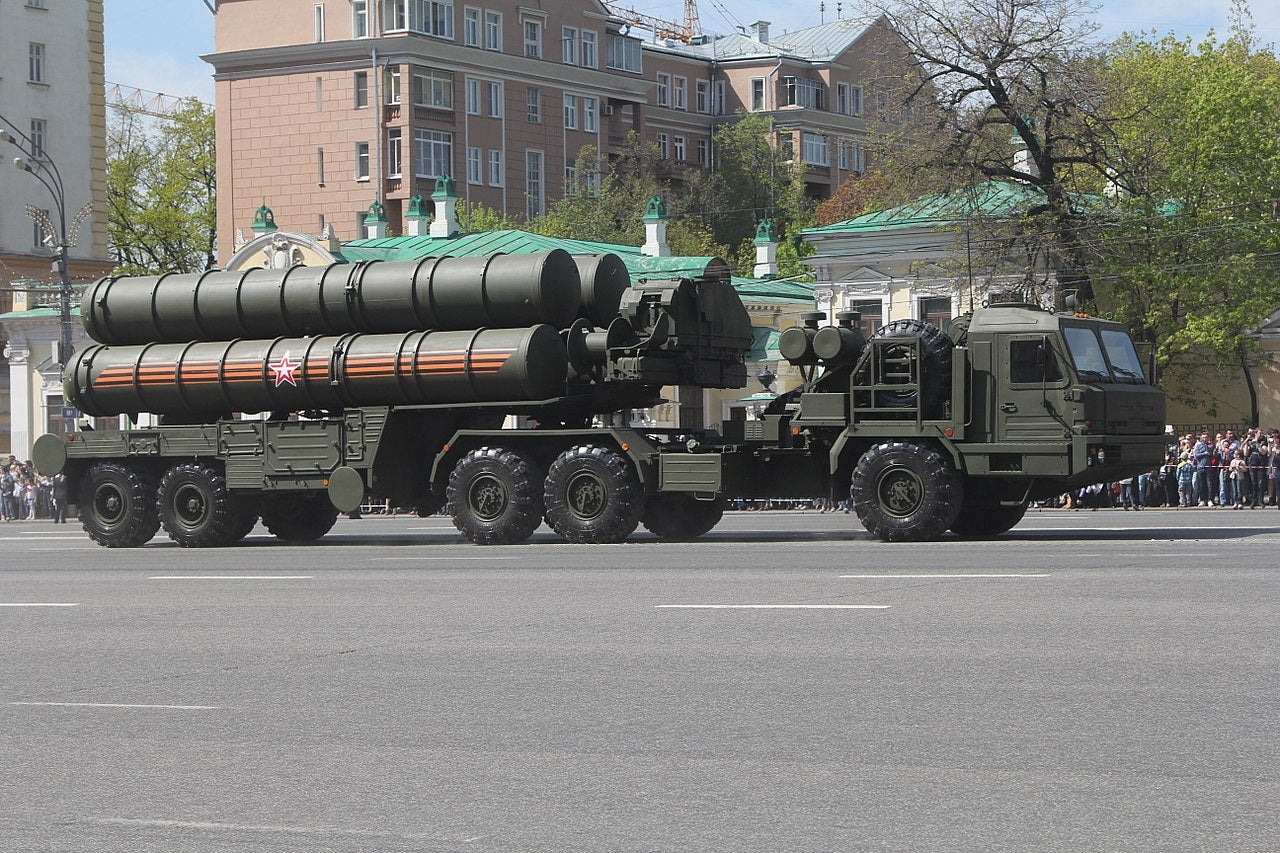
India is set to send the first group of military specialists to Russia to pursue training courses on the S-400 air defence system.
The team of Indian military specialists will train on operating S-400 in Moscow.

Discover B2B Marketing That Performs
Combine business intelligence and editorial excellence to reach engaged professionals across 36 leading media platforms.
The move comes amid increasing speculations that India may face US sanctions for purchasing the Russian air defence system.
In October 2018, India signed a $5.4bn deal with Russia to procure five S-400 Triumf regiments. The deliveries are expected to be completed within a five-year period, with the first batch expected to be supplied by the end of this year.
Russian ambassador to India Nikolay Kudashev noted the upcoming departure of the military team as a ‘remarkable occasion’.
He was quoted by local news reports as saying: “S-400 supplies initiative is one of the flagship projects in the Russian-Indian military and military-technical cooperation, which historically constitutes the main pillar of the special and privileged strategic partnership between our two friendly countries.”

US Tariffs are shifting - will you react or anticipate?
Don’t let policy changes catch you off guard. Stay proactive with real-time data and expert analysis.
By GlobalDataThe S-400 was developed by Almaz Central Design Bureau of Russia as an upgrade of the S-300 family of surface-to-air missile systems.
It is capable of engaging aerial threats, including aircraft, unmanned aerial vehicles (UAV), as well as ballistic and cruise missiles. The air defence system has a range of up to 400km.
Notably, the US imposed sanctions on Turkey’s primary defence procurement entity Presidency of Defense Industries (SSB) last month for acquiring S-400 systems.
The step banned all export licences and authorisations to SSB and placed restrictions on all joint projects and technology transfers between the Turkish entity and US-based companies.





